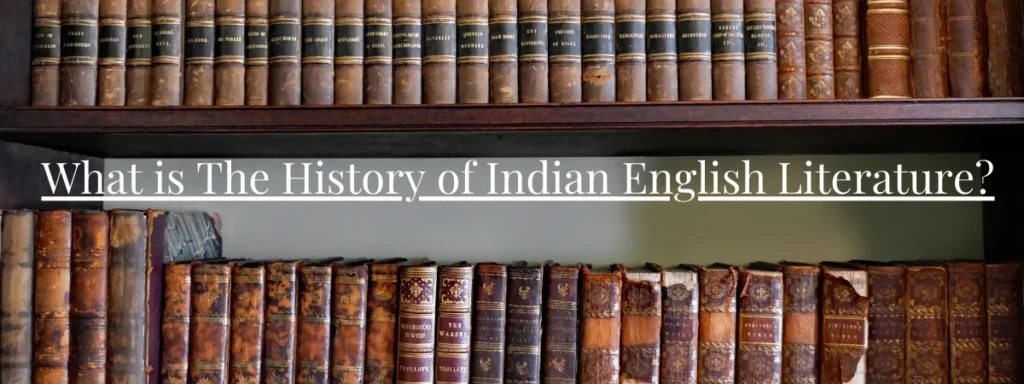The concept of the soul has intrigued humanity since time immemorial. It’s a notion that transcends cultural, religious, and philosophical boundaries, yet remains deeply personal and subjective. In this blog, we enter on a journey to unravel the mystery of the soul, exploring its meaning, significance, and implications in our lives.
Defining the Soul: Beyond the Physical
At its core, the soul is often described as the essence of who we are. Unlike the physical body, which is subject to change and decay, the soul is believed to be eternal and immutable. It is the seat of consciousness, the source of our thoughts, emotions, and desires, and the repository of our deepest aspirations and fears.
The Spiritual Perspective: Insights from Religion

In many religious traditions, the soul is considered a divine spark, a fragment of the divine that animates the human experience. In Christianity, for example, the soul is seen as a gift from God, imbued with inherent dignity and worth. It is believed to be immortal, destined for either eternal salvation or damnation based on one’s actions and beliefs.
Similarly, in Eastern religions such as Hinduism and Buddhism, the soul is viewed as eternal and unchanging, undergoing cycles of birth and rebirth until it achieves liberation from the cycle of suffering and reincarnation. These perspectives offer profound insights into the nature of the soul and its relationship to the divine.
The Philosophical Inquiry: Rational Reflections
Philosophers have long grappled with the nature of the soul, seeking to understand its essence through reason and logic. Plato, for instance, posited the idea of the soul as a separate, immortal entity that exists independently of the body. Aristotle, on the other hand, viewed the soul as the animating principle of life, responsible for the growth, development, and functioning of living organisms.
In modern times, philosophers continue to explore the soul’s significance in the context of consciousness and identity. Questions about the nature of consciousness, free will, and the mind-body problem remain central to ongoing debates about the soul’s existence and nature.
Cultural Expressions: Art, Literature, and Music
The soul finds expression not only in religion and philosophy but also in art, literature, and music. Artists, writers, and musicians often explore themes related to the soul, depicting its beauty, complexity, and depth through various forms of expression.
In literature, for example, authors delve into the human psyche, exploring the inner workings of the soul through characters, symbols, and narratives. In art, painters and sculptors capture the soul’s essence through images and symbols, evoking emotions and insights that transcend language and logic. Similarly, musicians tap into the depths of the soul through melody and rhythm, expressing the ineffable through sound and silence.
Personal Reflections: Journey Within
Ultimately, the quest to understand the soul is a deeply personal and introspective journey. Through meditation, contemplation, and self-discovery, we can uncover glimpses of our own soul’s essence, connecting with the infinite mystery that lies within.
In moments of quiet reflection, we may sense the soul’s presence, guiding us on our path towards wholeness and fulfillment. It is in these moments of connection that we come to realize that the soul is not something to be grasped or possessed but something to be experienced and embraced.
Conclusion: Embracing the Mystery
In conclusion, the soul defies easy definition or explanation. It is a mystery that eludes our attempts to fully comprehend it, yet it is also a source of inspiration, wonder, and awe. Whether through religion, philosophy, art, or personal reflection, the quest to understand the soul is a journey worth undertaking, leading us towards deeper insights into the nature of existence and our place within it.





